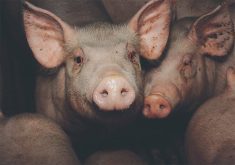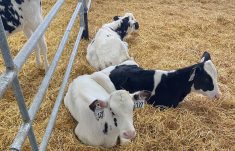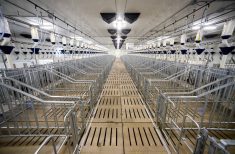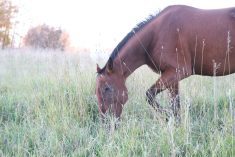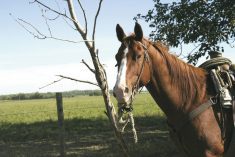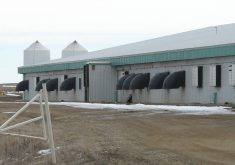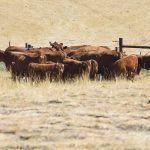Horses, like humans, have fundamental social needs.
In the wild, their close-knit family groups offer safety, co-operation and emotional support. Foals learn essential social skills from their mothers and other herd members and build strong, life-long bonds. These relationships are vital for a horse’s emotional development and ability to navigate the challenges of their environment.
Horses in domestic settings also benefit from meaningful bonds with other horses. Those who experience positive social interactions with other horses tend to have lower anxiety, greater contentment and are more willing to engage with humans.
Read Also
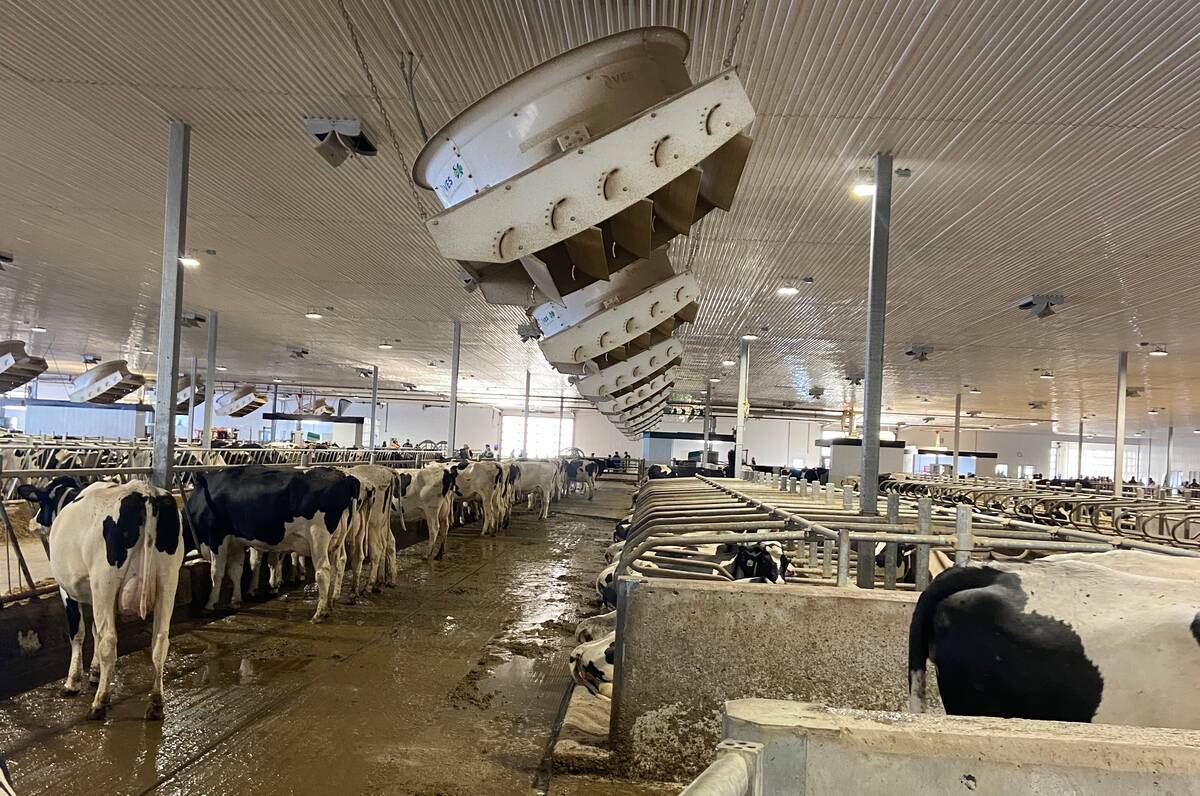
The economic case for sending dairy cows to market younger
Keeping a younger, healthier dairy herd protects both cattle welfare and the dairy farmer’s milk profits, speaker says.
Unfortunately, many domestic horses lack essential social connections, which can lead to stress and increases their vulnerability to various physical and behavioural issues. The profound impact of unmet social needs is often underestimated, despite its clear contribution to health conditions such as gastric ulcers.
Horses are biologically programmed to rely on social interaction for emotional regulation. They communicate through body language, vocalizations, scent, physical touch and synchronized movements, which help them regulate emotions and strengthen social bonds.
When horses are isolated physically or emotionally, it triggers heightened sympathetic responses and leads to production of cortisol. In excess, this stress hormone can disrupt key physiological processes, such as blood flow to the digestive tract. Chronic disruption of blood flow compromises the protective function of the gut’s lining, making it vulnerable to ulceration.
Research also shows that approximately 70 to 80 per cent of the immune system in mammals, including horses, is concentrated in the gut. Thus, stress impact to the gut weakens immunity, making the horse more susceptible to inflammation, infections, laminitis and metabolic disorders.
Physical isolation, such as confinement to solitary stalls or paddocks, often leads to emotional isolation when horses are unable to form or maintain bonds within a consistent herd environment. However, emotional isolation can also occur without solitary confinement. Frequent movement and separation due to sale, travel or other disruptions can prevent horses from establishing consistent and lasting social connections.
Disruption to a horse’s natural social needs can manifest in obvious and subtle ways. Overt signs include anxiety behaviours such as vocalizations, frantic pacing or stereotypic actions like weaving or cribbing. More subtly, an isolated horse may become emotionally withdrawn, displaying signs of helplessness, especially after being separated from a companion.
Natural social behaviours such as mutual grooming, play, synchronized daily activities and movement, or simply being in each other’s presence, play a key role in emotional regulation, resilience and physiological stability. These social connections provide important coping mechanisms that help horses navigate stress and maintain balance and peace of mind in challenging environments.
Interestingly, certain equine populations, like polo ponies and PMU (pregnant mare urine) mares, exhibit lower rates of gastric ulcers and stereotypes, despite their demanding roles and controversial living conditions.
But these horses are still typically kept in social environments that allow them to form strong familial and social bonds. Conversely, digestive issues, particularly gastric ulcers, are highly prevalent in performance and sport horses, who often experience physical and emotional isolation, along with the stresses of training, travel, competition, exposure to varied environments, disrupted sleep and feeding practices.
Despite veterinary advances like proton-pump inhibitors and dietary modifications, the incidence and recurrence of gastric ulcers in horses remains high, suggesting that a key factor for health has been overlooked.
Recognizing and prioritizing the social structures of horses — encouraging environments where meaningful bonds can form — may be just as essential as any medication or dietary change in the treatment and prevention of gastric ulcers.
Social connections are not a luxury; they’re key to horse welfare.




